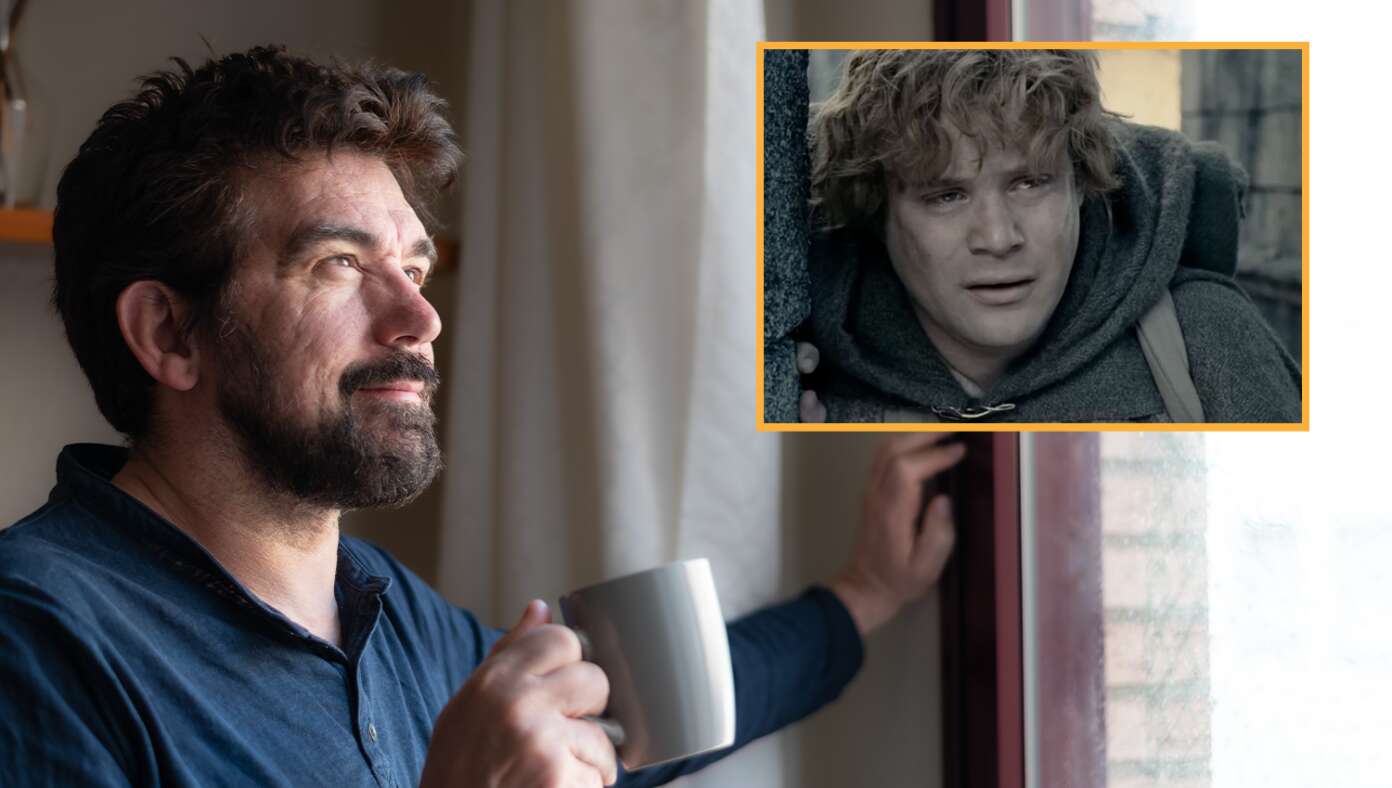
WASHINGTON, D.C. — Following the city’s election of an avowed and unrepentant socialist, the U.S. State Department issued an immediate and urgent travel advisory for New York City.
Read More
WASHINGTON, D.C. — Following the city’s election of an avowed and unrepentant socialist, the U.S. State Department issued an immediate and urgent travel advisory for New York City.
Read More
PINE BLUFF, AR — In what psychiatrists said can only be described as a true miracle, a man’s depression was once again cured by watching Samwise Gamgee’s famous speech from the end of The Two Towers, in which Sam encourages the despairing Frodo to keep holding on.
Read More
| Picture of the day |
|---|

|
|
Gotland Grand National 2023. Gotland Grand National has long been considered the world’s largest Enduro competition and was first run in 1984.
|